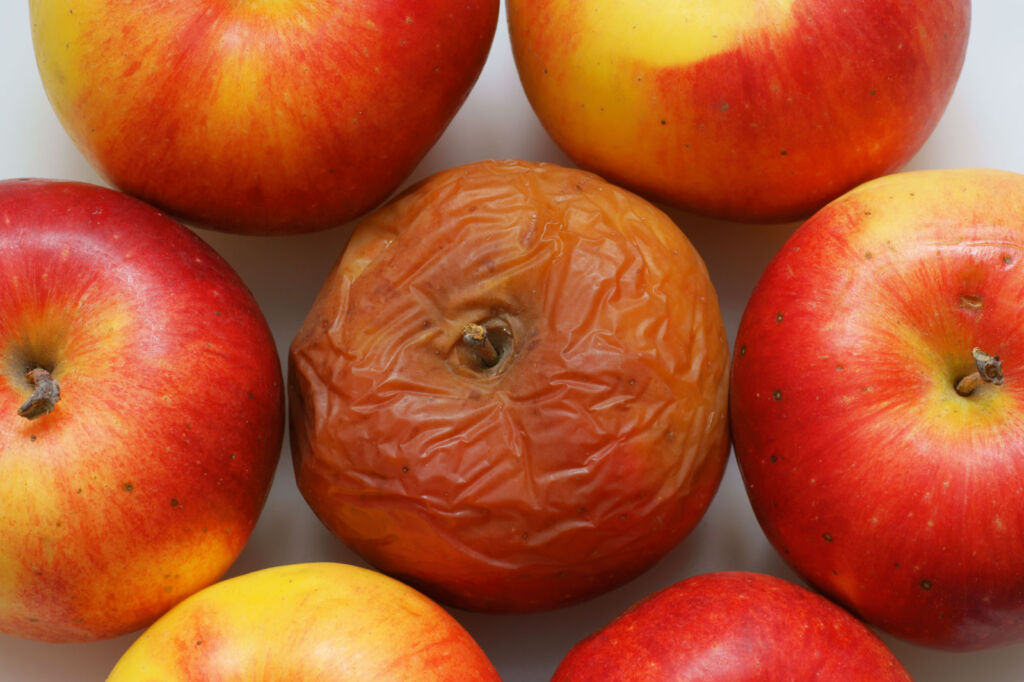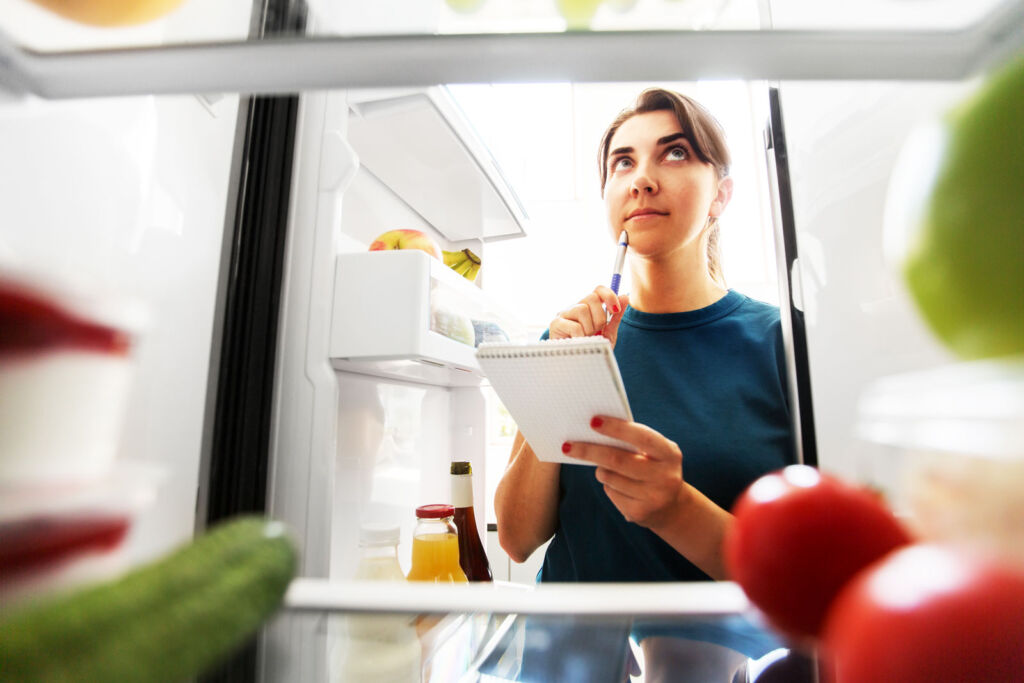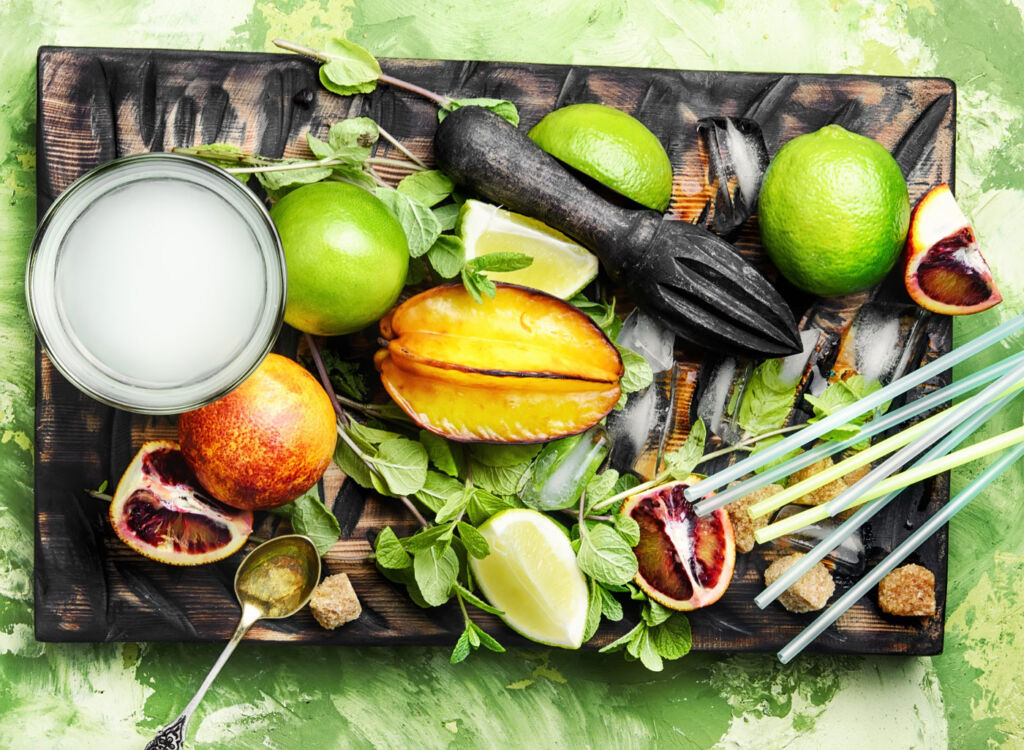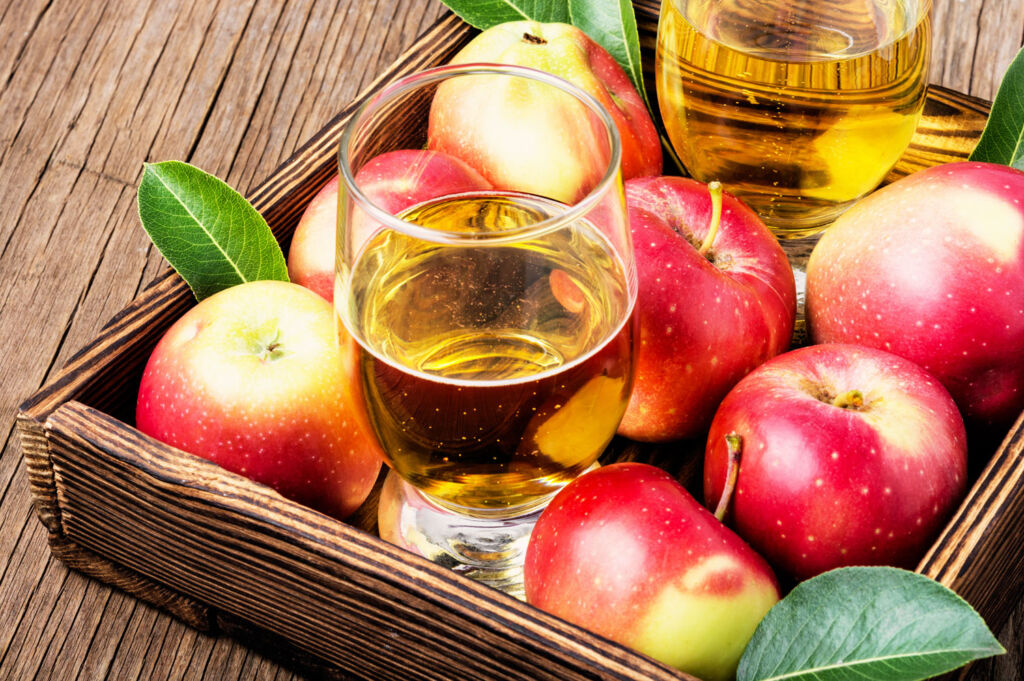
Food waste is an enormous problem for many countries. It’s highly likely that in recent times, you’ve opened your refrigerator or cupboard, looked at or smelled food and said “No way, that’s rotten” and put it in the bin. For this article, we’ve been given an interesting insight into which foods go rotten the fastest and end up as unnecessary waste.
Food waste is a problem in Britain, and for proof, you just need to look at the amount of rotten and wasted food in any bin on any street. Efforts to change this are ongoing and more people are waking up to the issue thanks to being educated by politicians, charities and leading chefs. Even with all this extra information, the people’s of Britain are still wasting millions of pounds of hard-earned money because they’ve bought fresh products which have become rotten by the time they get round to eating them.

More often than not, the solution is quite apparent, you should only buy the food products you need when you need them. Or if your cravings allow it, avoid them altogether, but, this is always easier said than done.
We appreciate that some supermarkets don’t help matters by enticing you with ‘buy one get one free’ or special offers on additional items. However, the next time you walk into a supermarket, remind yourself that they only want one thing, and that’s your money; quite simply, we all need to shop smarter.
Businesswaste.co.uk specialises in rubbish removal and have kept us up to date with all manner of issues which have formed the basis for articles such as our piece on Dog Poo on London’s streets. When it comes to compiling waste-based articles, they’re always our first port of call, and they’ve come up trumps once again with their latest research into wasted rotten foods.
They looked at expert research and asked customers about their personal experiences and have come up with this list of food shame.

Here is the top ten list of wasted foods in Britain
- Avocados – A millennial favourite with the depressing habit of being too tough to eat one minute and before you know it, it’s just a rotten squishy mess.
- Berries – You’ve said it: “It’s nice and warm; let’s have strawberries and cream!” Then you forget about the strawberries or raspberries you’ve bought, and before you know it, they’re a brightly coloured rotten mass at the bottom of the fridge.
- Milk – Tricky devils, milk. You don’t know that two-litre carton has gone off until you pour it into your tea, and it comes out as lumps of yoghurt. Thanks for nothing, milk.
- Meat – This one could actually kill you if you don’t pay attention. With a shelf life of only a few days, wasted beef, chicken and pork go into the bin more frequently than you dare admit.
- Bananas – The avocado’s apprentice. You buy them a bit green so that they can ripen up at home, then BANG – fit for nothing but tasty cake recipes.
- Fresh fruit juice – We forget the fresh juice has a much shorter shelf life than the long-life stuff. The clue’s in the name, and so is the smell of wonky cider when you open the apple juice after it’s gone over.
- Grated cheese – Why are you buying grated cheese? It goes off quicker than a block of cheddar, and you’re just making the grater in your utensil drawer sad.
- Apples and pears – You buy them because it’s one of your five a day, knowing full well that they’ll actually form none of your five a day, and will end up looking like the back of your granny’s hands within a fortnight.
- Carrots – Go to your fridge. Go now. There’s a carrot in the veg drawer you can bend into a full circle, isn’t there? The same goes for all vegetables, but this is a top ten; otherwise, this list will reach down to the centre of the Earth.
Top tip: Only buy the veg you’re going to eat - Mushrooms – The only consolation is that they’re small enough not to take up ‘mushroom’ (much room!) in your bin when they go rotten and you end up throwing them out.

“There’s a serious side to this”, says Mark Hall from Business Waste, “and it’s that we’re addicted to “over-shopping” – the habit of buying everything we fancy in the so-called ‘big shop’ which many people are now stretching out to last a fortnight.
“Then we’re surprised that the chicken you’ve bought for next Sunday’s roast is smelling like the bottom of a bin, and instead of just changing your dinner plans, you should think why that bird’s gone off?”
Changing your shopping habits
British households waste around 4.5 million tons of food every year, or approximately 7% of the food we buy. That adds up to £700 per family annually.
Mark added, “If you don’t want that £700, I’d quite happily take it off your hands. But I expect you’d rather keep it through better meal planning and shopping management.”
While it may not be a suitable solution for everybody, the easiest way to prevent food wastage is to plan ahead, shop often, shop local, and buy less.
But the problem remains: We’ve got so used to anonymous internet shopping where the product is reduced to an idealised picture on a screen, we’ve lost touch with simple skills like portion sizing and buying sufficient supplies for your family. Quite simply, just buy the food you need, irrespective of supermarket enticements. This way we can all help cut down the mountain of rotten food.
![]()




You must be logged in to post a comment.